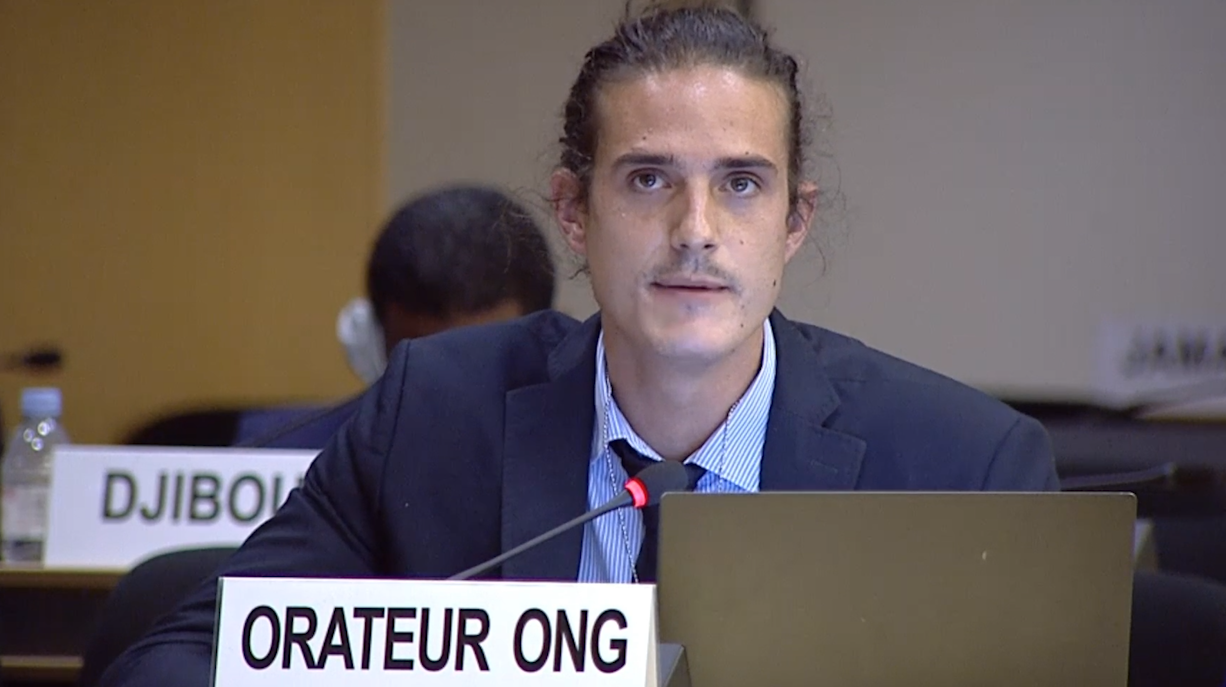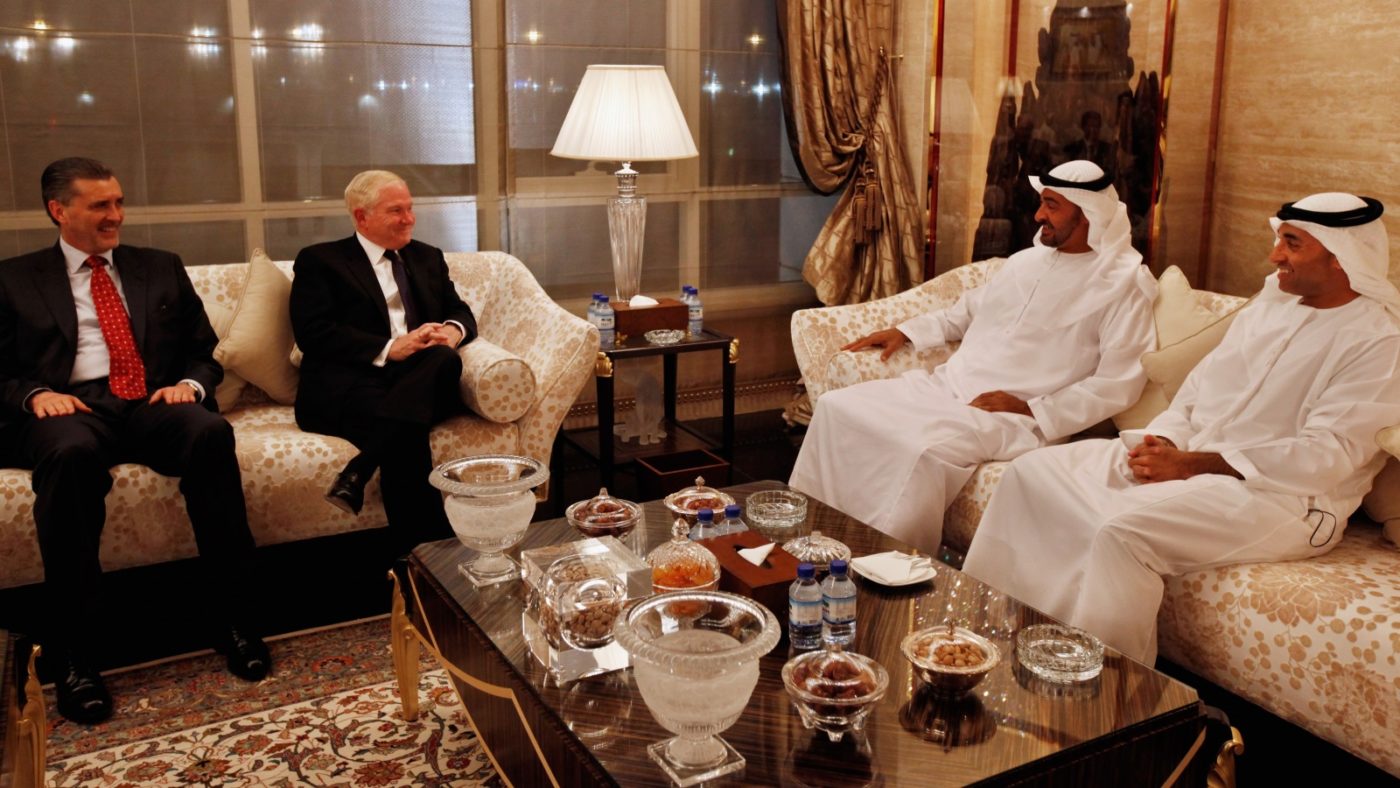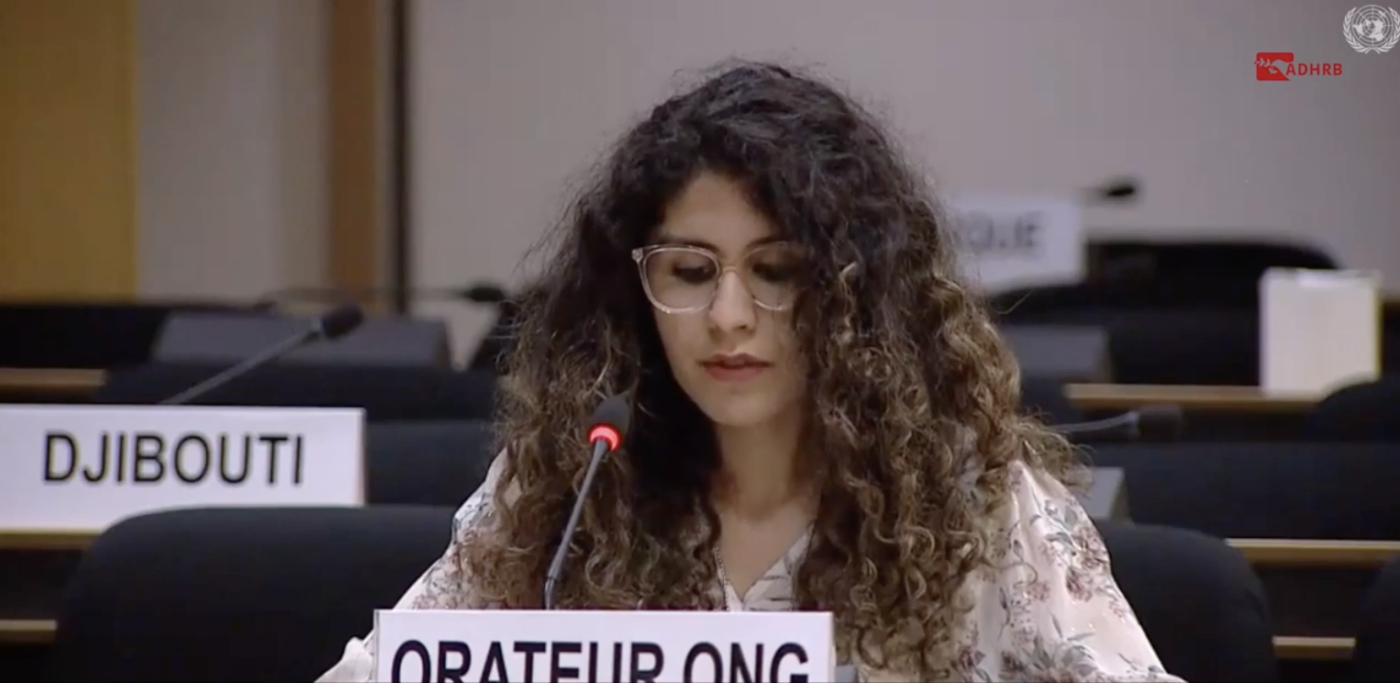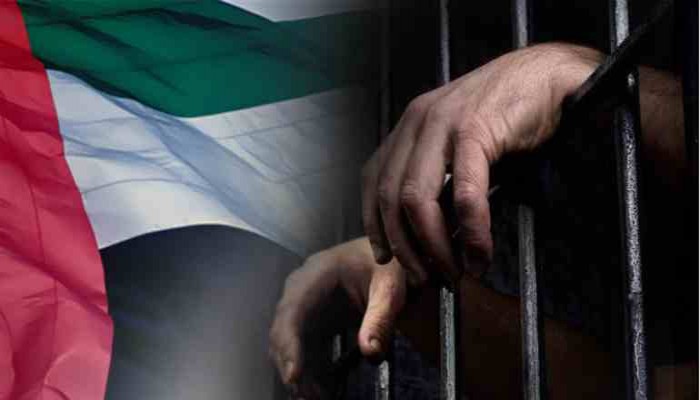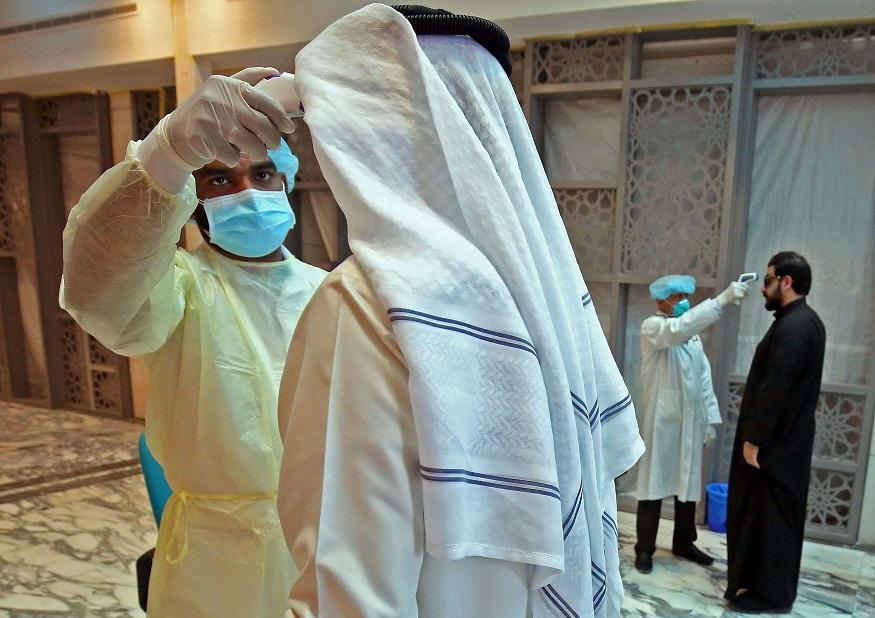On 17 September 2020, ADHRB has delivered an oral intervention at the United Nation Human Rights Council session 45 during on interactive debate with The Special Rapporteur on the use of mercenaries. Madam Vice-President We share the concerns raised by the Working Group’s report on the use of private military and security services to violate[…]
Over the last five decades, the United Arab Emirates (UAE) has rapidly transformed from a sparsely populated desert territory, to the Middle East’s epicenter of business and luxury tourism. However, hidden behind the grandeur of Emirati wealth and prestige, lies an autocratic police state rife with human rights violations including human trafficking, religious persecution and[…]
On 3 July 2020, ADHRB has delivered an oral intervention at the United Nation Human Rights Council session 44 under item 3 of the general debate, to take action to combat human trafficking in Bahrain and the UAE. Madam Rapporteur Thank you very much for your report which addresses a serious problem of trafficking in[…]
The United Arab Emirates (UAE) is considered to be one of the most difficult countries in the world for human rights defenders (HRDs) and Civil Society Organisations (CSOs). Their ability to operate freely in the country and to engage with the international community in order to advance human rights is constantly obstructed and restricted by[…]
The COVID-19 has infected millions of people around the world and has compelled governments to take extraordinary measures to combat its spread across the population. However, these actions pose a risk of infringing upon international human rights law standards, even if COVID-19 poses a significant threat to public health. Declaring a state of emergency can[…]


